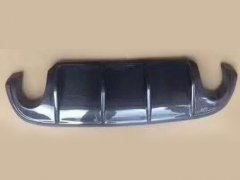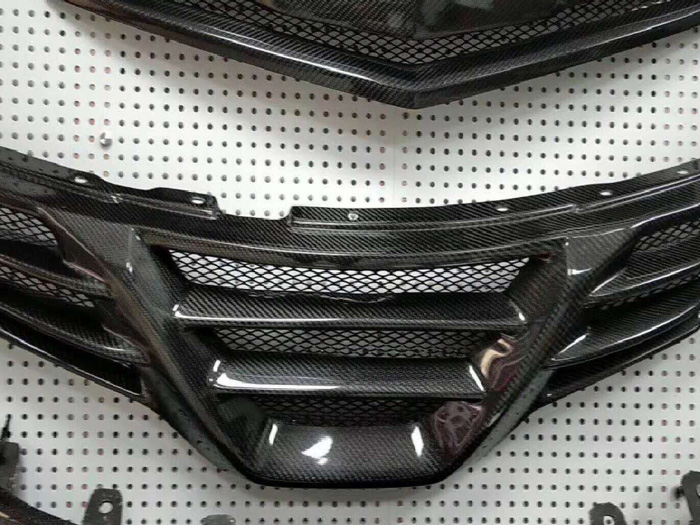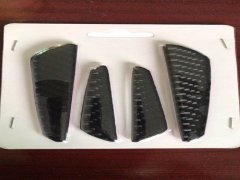The new method of carbon fiber recovery and the way of comme
It is understood that the aerospace industry is the largest consumer market of carbon fiber, and the use of carbon fiber accounts for 21% of the total use. According to a report by lucintel, the global carbon fiber market has been growing by two figures in the past five years. It is very difficult to deal with a composite structure at the end of its service life. Although landfills are still the cheapest option, most EU Member States enacted laws in 2004 to prohibit the landfill treatment of composite materials. Landfill treatment is not a good choice, because carbon thermosetting materials are non degradable, and they will cause health and safety risks.
Carbon fiber recycling is driven by government research incentives, as well as manufacturers' desire to have green manufacturing processes and products. Some commercially available methods for carbon fiber recovery, such as high temperature decomposition, microwave radiation (used to enhance high temperature decomposition) and fluidized bed method, can be used for carbon fiber recovery, but these methods will lead to fiber length becoming shorter, fiber degradation, and ultimately fiber performance degradation.
According to experts, a research team at the University of Nottingham in the UK has developed a method to recover carbon fiber, which will retain almost 100% of the fiber's performance. An economical solvent system has been developed to dissolve the epoxy resin in composite materials, thus separating single form carbon fibers without destroying their length. The team used the solubility of supercritical fluids, a class of solvents that have proven effective in other industries.
Scientists studied supercritical water, carbon dioxide and some organic solvents including ethanol, methanol and acetone, and finally chose propanol, a short chain alcohol with low price, which is in normal state and is suitable for dissolving resin. The selection of alcohols is very good, because they only need a moderate pressure (2-7 MPa) to enter the supercritical state, although they need a high temperature of 200 ℃ ~ 450 ℃. Compared with water, the alcohol is more convenient for them to use. Water needs 22.1 MPa pressure and 374 ℃ high temperature to reach the critical point.
In addition, ethanol and methanol are very effective in dissolving the polyester resin in the glass fiber composite, but they can not dissolve the epoxy resin very well. Propanol (n-propanol) can decompose the epoxy resin smoothly. The experimental results show that the recycled carbon fiber has high strength and rigidity, which is 99% of the original strength and rigidity.
So far, these experiments are only carried out in the laboratory, and more research is needed to commercialize this process.
According to experts, carbon fiber recycling has three environmental benefits: it prevents the waste of carbon fiber from being landfilled once it is used; at the same time, the components made of recycled carbon fiber are recyclable, because carbon can retain an important part of the original performance, even after the secondary use; in addition, the recycling process itself has greatly reduced energy consumption.





 扫一扫添加微信
扫一扫添加微信